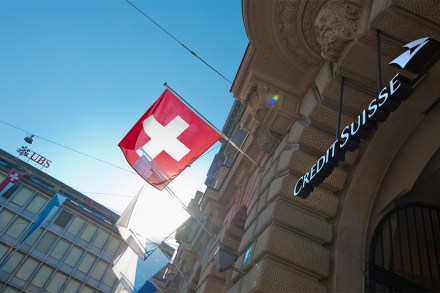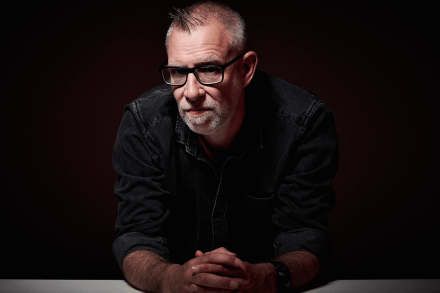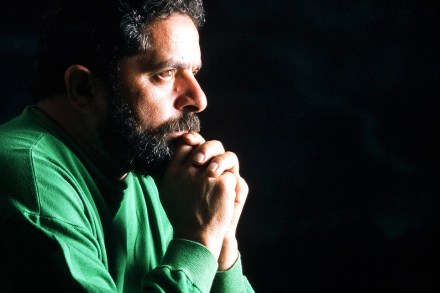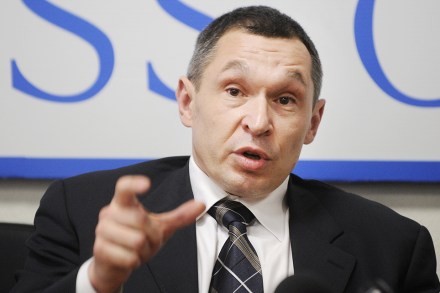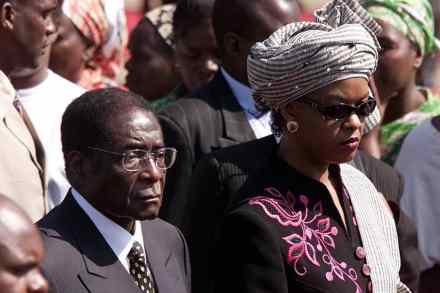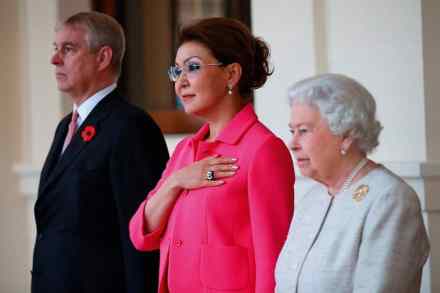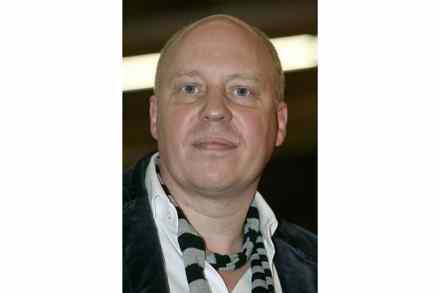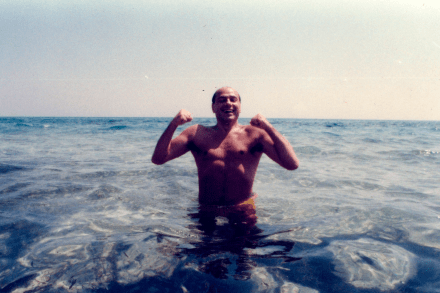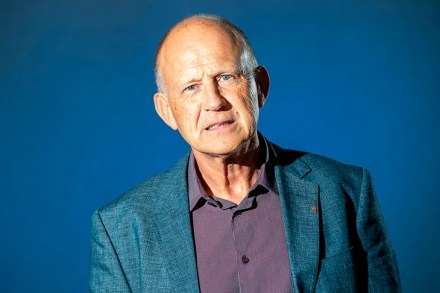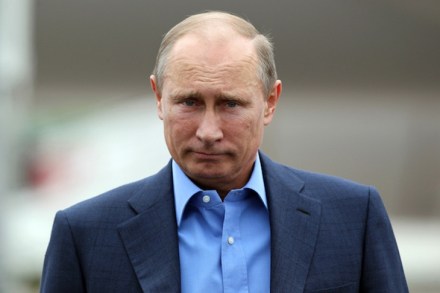The rotten core of Credit Suisse
The tale of Credit Suisse ought to be Buddenbrooks on steroids. A staid Swiss lender enters marriage with a racy Wall Street investment bank and gives birth to a monster. Scandal follows scandal. CEOs come and go. In March 2023, the bank ends up being flogged to its arch rival UBS for a miserly $3 billion. Inside Credit Suisse, the backstabbing and treachery were more suited to a medieval court Duncan Mavin is well placed to tell this corporate horror story, having written a book about one of Credit Suisse’s most notorious clients, Lex Greensill, an Australian melon farmer turned fintech champion. Greensill Capital, which employed David Cameron as a
